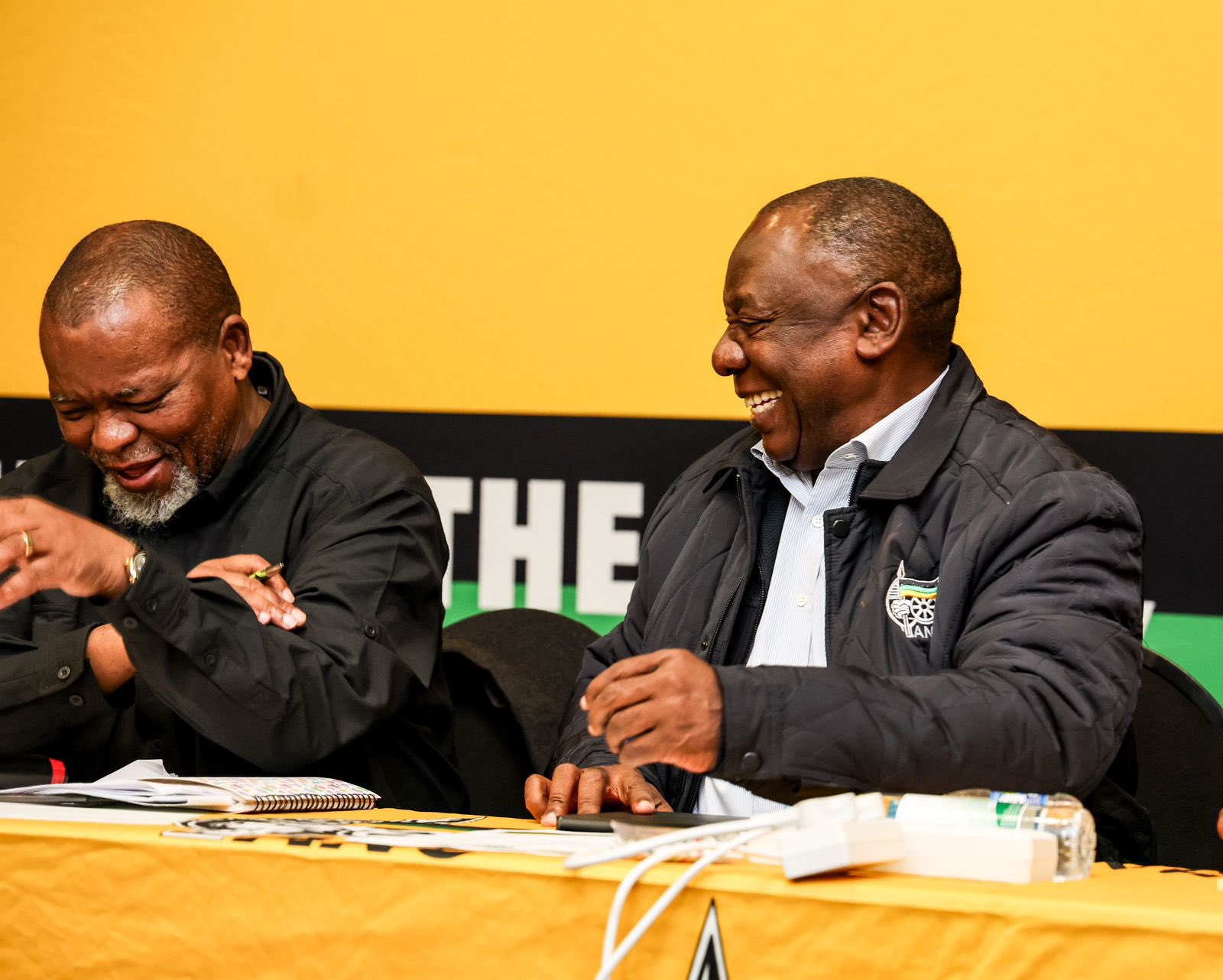A recent poll conducted by the Institute for Race Relations (IRR) shows that political parties within South Africa’s Government of National Unity (GNU) have seen a boost in support following the May 29, 2024 general elections, according to City Press.
The African National Congress (ANC), Democratic Alliance (DA), Inkatha Freedom Party (IFP), Patriotic Alliance, and Freedom Front Plus have all gained popularity, the poll indicates.
On the other hand, opposition groups such as the uMkhonto weSizwe Party (MKP) led by Jacob Zuma and the Economic Freedom Fighters (EFF) led by Julius Malema have experienced a drop in their support base. The MKP saw a decline from 15% to 12%, while the EFF dropped from 10% to 7%.
The poll, which surveyed 604 registered voters via telephone in September and October 2024, has a margin of error of 5%. Among the respondents, 52% expressed a preference for a GNU where the DA and IFP would be the ANC’s primary coalition partners. In contrast, only 27% supported a coalition involving the MKP and the EFF.
The majority of respondents (66%) believe that the GNU will remain in power for its full five-year term, lasting until the next general election in 2029.
When it comes to government priorities, a significant 83% of those surveyed emphasized job creation over the expansion of social grants, aligning with the ANC’s focus on income support during its election campaign.
A little over half (53%) of respondents agreed that public appointments should be based on merit, with additional support for training initiatives aimed at empowering historically disadvantaged groups. However, 23% believed appointments should be solely merit-based, while 20% favored prioritizing black South Africans in appointments.
Hermann Pretorius, the IRR’s head of strategic communications, suggested that the increased backing for GNU coalition partners reflects a cautiously optimistic outlook among voters. He noted that before the elections, the DA feared losing a significant portion of its voter base if it cooperated with the ANC. However, the poll results indicate that many DA voters are now willing to accept a partnership with the ANC.
Pretorius also observed that smaller parties within the GNU have benefitted by positioning themselves as “constructive political players,” which he believes is key to maintaining long-term political relevance. He pointed out that the poll’s findings on job creation and Black Economic Empowerment (BEE) sent a clear message to the ANC that it must address more immediate economic concerns, such as job creation and growth.
In discussing the EFF’s recent decline, Pretorius attributed the party’s reduced popularity to the return of Jacob Zuma to the political scene, which has overshadowed Malema’s image as a defender of the downtrodden. He also criticized Malema’s handling of internal party issues, including the dismissal of senior EFF officials over public relations failures, such as the poor turnout for an EFF event in Soweto.
As for Zuma’s MKP, Pretorius noted that the party’s unstable leadership, especially frequent changes under Zuma’s influence, has contributed to its waning support. However, he acknowledged that the party is beginning to strengthen its organizational structures, with Zuma’s personal influence still playing a major role in its political fortunes.
ALSO READ ; Donald Trump Appoints Elon Musk and Vivek Ramaswamy to Co-Lead New White House Department

For comments, Feedback and Opinions do get in touch with our editor on WhatsApp: +44 7949 297606.


